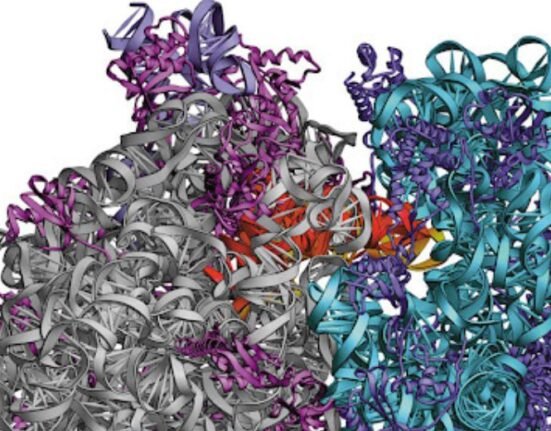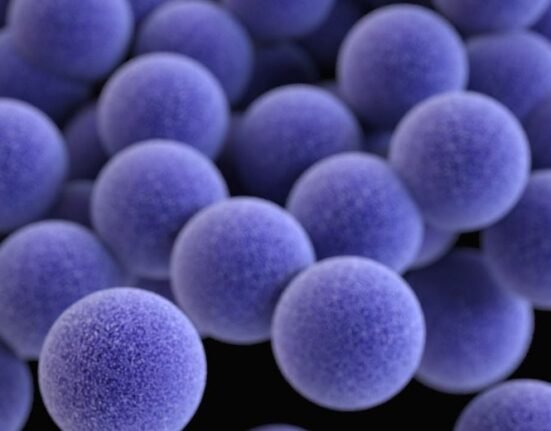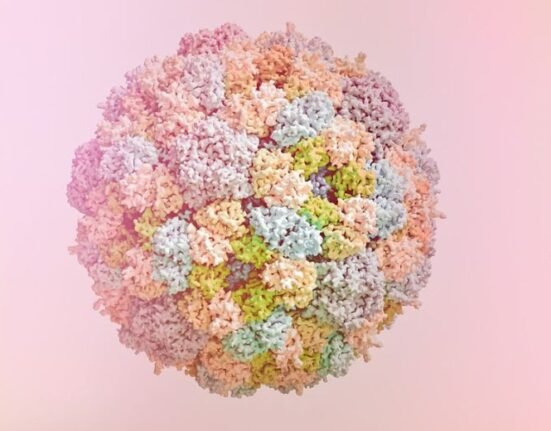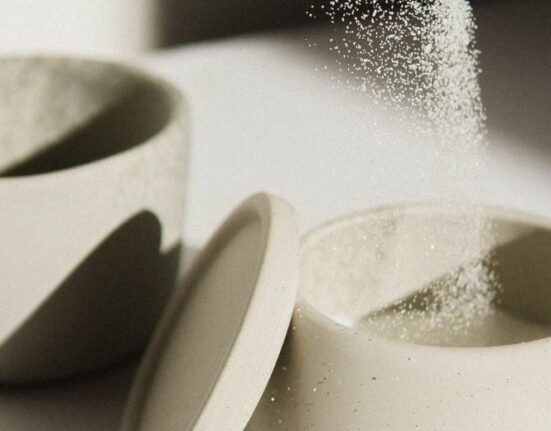Artificial sweeteners used as sugar substitutes can kill off antibiotic-resistant bacteria. These additives also reduce the bacteria’s resistance to commonly used antibiotics.
This discovery was made by scientists at Brunel’s Centre of Inflammation Research and Translational Medicine. The study was published by the European Molecular Biology Organization’s journal Molecular Medicine.
The study found sweeteners saccharin, cyclamate and acesulfame-K (called Ace-K) to be highly effective in fighting bacteria causing sepsis and pneumonia, the two ‘priority pathogens’ on the priority list of the World Health Organization.
“Artificial sweeteners are present in all diet and sugar-free foods,” said Brunel University London bioscientist Dr Ronan McCarthy. “We discovered that these same sweeteners that you have with your coffee or in your ‘sugar free’ soda could kill very dangerous bacteria and make them easier to treat.
“This is very exciting because normally it takes billions of dollars and decades to develop a new antibiotic drug, whereas we found a compound which can not only fight the pathogenic bacteria but also reverse its resistance to already existing antibiotics.”
Antimicrobial resistance
The discovery of antibiotics has saved millions of lives. But bacteria are known to change their composition and develop resistance to antibiotics. This has led to the development of many superbugs, which can withstand the strongest antibiotics. The overuse of antibiotics has made it worse. Rampant usage of antibiotics in developing countries has led to Antimicrobial resistance (AMR), a growing healthcare challenge in these countries. The development of new antibiotics targeting drug-resistant infections can slow the spread of AMR.
“It has created a dangerous situation where a ‘post-antibiotic era’ is becoming a reality,” said study leader Dr McCarthy.“It threatens all aspects of healthcare, from cancer treatment to dental work.”
Used in yoghurts, diet drinks and desserts, Ace-K can completely stop the growth of Acinetobacter baumannii and Pseudomonas aeruginosa. The two are super dangerous for people with severely compromised immune systems, such as chemotherapy patients.
Ace- K stops pathogens forming protective biofilms, which would help them develop antibiotic resistance. And when used with antibiotics, Ace-K increased their killing power, meaning lower doses of antibiotics may be needed to treat a patient.
“With this work,” Dr McCarthy said, “we have found a potential weapon that can be used in the war against superbugs.”
The team say all three sweeteners could offer potential new treatments for multidrug-resistant infection and potentially be developed to replace antibiotics in some situations.
Any innovations in antibiotics are very slow or almost non-existent due to the high cost of development and production. The low prices and easy availability of the present combinations of antibiotics further harm the economics of R&D. In the last 60 years, there has been negligible investment in any new research in this field.






